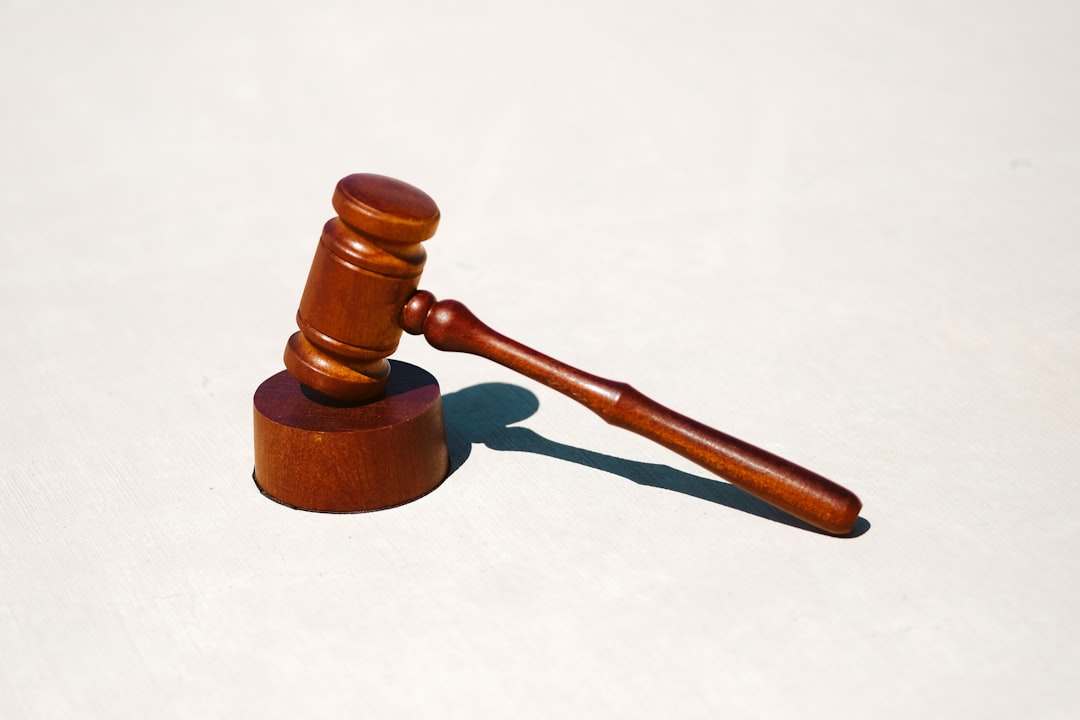In Jersey City, sexual assault cases take different legal paths: criminal prosecutions aim to punish offenders and protect public safety with a high "beyond a reasonable doubt" proof standard, while civil lawsuits focus on compensation for harm with a lower "more likely than not" standard. Civil claims, handled by a sexual assault law firm in Jersey City NJ, seek restitution, medical bills, and therapy for victims, emphasizing individual rights and privacy, unlike public criminal proceedings.
In Jersey City, navigating the legal system after a sexual assault can be complex. This article guides you through the critical distinctions between criminal and civil sexual assault cases. While criminal proceedings focus on state-led punishment and deterrence, civil claims emphasize victim compensation and accountability through private litigation. A sexual assault law firm in Jersey City NJ can offer invaluable support, explaining rights and options tailored to each unique case. Understanding these differences is crucial for victims seeking justice and redress.
Understanding Criminal Sexual Assault Cases
In Jersey City, as in many jurisdictions, criminal and civil sexual assault cases operate under distinct legal frameworks. When considering a potential case, it’s crucial to understand these differences. Criminal sexual assault is prosecuted by the state through a Sexual Assault Law Firm in Jersey City NJ, focusing on punishing the perpetrator and upholding public safety. The prosecution bears the burden of proof, aiming for a conviction beyond a reasonable doubt. Civil cases, on the other hand, are brought by individuals seeking compensation for harm caused by sexual assault. These cases operate under a lower standard of proof, typically requiring ‘more likely than not’ that the defendant’s actions were negligent or intentional. A civil case isn’t about punishment but rather obtaining restitution and justice for the victim’s suffering.
Exploring Civil Sexual Assault Claims
In Jersey City, civil sexual assault claims are distinct from criminal cases in several key ways. When a victim chooses to pursue legal action through a civil lawsuit, they are not seeking punishment for the perpetrator but rather compensation for the harm they have suffered. This process involves holding the at-fault party accountable and ensuring they are unable to profit from their actions, as well as providing financial support for medical bills, therapy, and other related expenses. A sexual assault law firm in Jersey City NJ can guide victims through this complex legal landscape, offering expertise in navigating civil lawsuits effectively.
Unlike criminal cases, where the focus is on punishment and societal deterrence, civil claims center around individual rights and redress. This means that even if a criminal case results in an acquittal or dismissal, a victim may still have valid civil claims. A sexual assault lawyer can help determine liability, gather evidence, and negotiate with insurance companies or defendants to secure the compensation their client deserves. Understanding the nuances of both systems is crucial for achieving justice and receiving the support needed to heal from such traumatic experiences.
Key Differences Between the Two in Jersey City
In Jersey City, the distinction between criminal and civil sexual assault cases is crucial for understanding the legal landscape and seeking justice. Criminal sexual assault cases are prosecuted by the state, focusing on punishment and deterrence. The primary goal is to hold the perpetrator accountable through a criminal conviction, which can lead to imprisonment, fines, or both. Evidence in these cases is gathered and presented to a grand jury, followed by a trial in front of a judge or jury. Civil sexual assault claims, on the other hand, are brought by the victim seeking compensation for damages, such as emotional distress, medical expenses, and lost wages. A sexual assault law firm in Jersey City NJ can guide victims through this process, which often involves negotiating settlements or litigating in civil court.
Key differences manifest in the burden of proof, procedures, and potential outcomes. Criminal cases require the prosecution to prove guilt beyond a reasonable doubt, while civil cases use a lower standard of proof, typically a preponderance of evidence. Criminal proceedings are publicly disclosed, whereas civil lawsuits are generally private, allowing for more discretion and protection for the victim. Additionally, criminal cases result in a permanent criminal record, which can have long-term societal implications, while civil lawsuits do not carry such a consequence.






